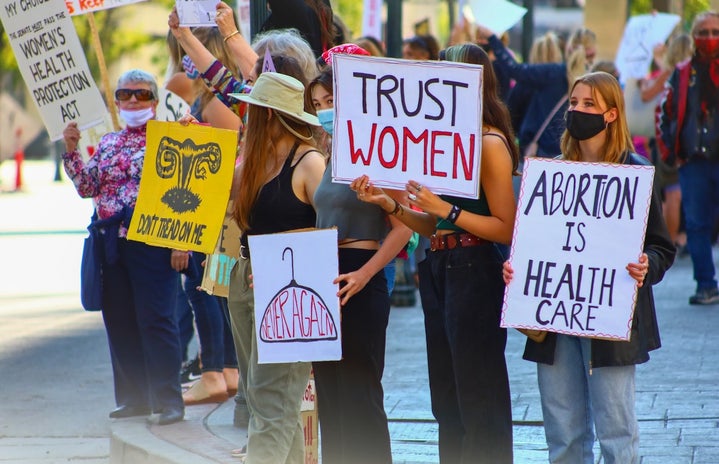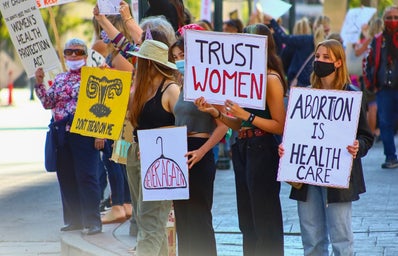In June 2022, the US Supreme Court overturned Roe v. Wade, allowing states to decide abortion rights for themselves. In 2021, the South Carolina General Assembly passed the Fetal Heartbeat and Protection Act which prohibits abortion after six weeks gestation. However, on Jan. 5, 2023 the Supreme Court of South Carolina overturned the ruling on a basis of privacy. Currently, in South Carolina, those who are seeking an abortion can legally have the procedure done until 21 weeks and 6 days gestation. Five days later, on Jan. 10, 2023 the South Carolina Prenatal Equal Protection Act of 2023 was introduced to the House. The head sponsor of the bill is representative Robert Harris (Rep) of Spartanburg County.
Essentially, the bill’s objective is to “include unborn fetuses at any stage of development under the definition” of “person.” It is also to “ensure that an unborn fetus who is a victim of homicide is afforded equal protection under the homicide laws of South Carolina.” This amendment to the South Carolina Code of Laws would completely change the definition of personhood and murder, and possibly not just for South Carolina. Harris specifically stated that the legislature needs to clarify at which point life begins, and that the bill is “defining life at conception” purposefully. The reason this bill is so dangerous for women in South Carolina is because SC is one of 27 states that offers the death penalty as punishment for murder. In SC, a person that is convicted of murder could receive imprisonment for a mandatory minimum of thirty years or receive the death penalty.
The bill does provide exceptions from prosecution if a woman receives an abortion if “she was compelled to do so by the threat of imminent death or great bodily injury.” However, the bill does not include any exception for extenuating circumstances such as rape, age, or incest. Since there was disagreement about the Heartbeat Act, and failure to pass stricter abortion laws, it seems unlikely to be passed. However, Justice Jane Hearn has recently been replaced, leading the South Carolina Supreme Court to have all male justices. Hearn authored the overturn of the Fetal Heartbeat decision.
When the bill was first introduced it had about 24 co-sponsors join. However, over the past month, 11 members have removed themselves as sponsors. Matt Lever, who sponsored the bill in January and recently removed himself, said “in its current form, I cannot keep my name on it. … I wouldn’t want to prosecute or charge women at all.” There are many arguments that it would be exceptionally rare for a woman to receive the death penalty for an abortion — however, even having the bill amend the law could open the door to the possibility. One woman receiving the death penalty for an abortion is one woman too many. Shane Massey, South Carolina Senate majority leader, tweeted that the bill “has zero chance of passing.” It is important to keep an eye on the bill as it progresses through the state government.


